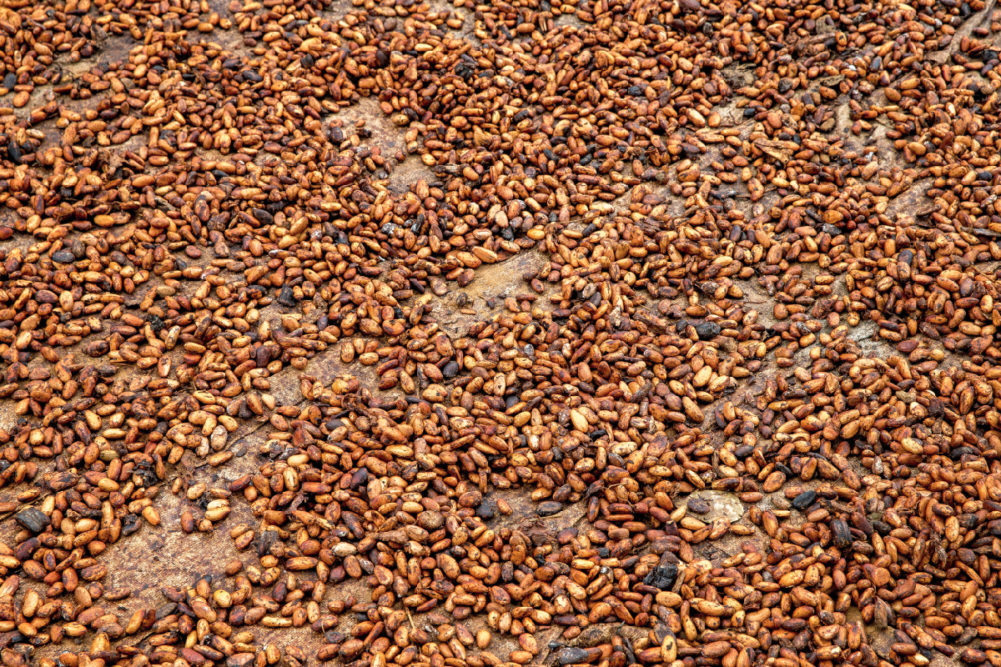WASHINGTON — The US Supreme Court on June 17 ruled in favor of Nestle USA, Inc. and Cargill in a case involving forced child labor on cocoa farms in the Ivory Coast.
A lawsuit originated more than 15 years ago. Six individuals from Mali alleged they were taken to the Ivory Coast as child slaves to produce cocoa. Nestle USA, Arlington, Va., and Cargill, Minneapolis, buy cocoa from farms in the Ivory Coast and provide the farms with technical and financial resources. The plaintiffs sued Nestle and Cargill under the Alien Tort Statute (ATS), which provides US federal courts jurisdiction to hear claims brought by aliens.
Justice Clarence Thomas delivered the opinion of the Supreme Court, which concluded the plaintiffs improperly sought extraterritorial application of the ATS. The plaintiffs alleged Nestle USA and Cargill aided and abetted forced labor, but nearly all such conduct, including training, equipment and cash to farmers, occurred in the Ivory Coast and not the United States, according to the Supreme Court.
“Child labor is unacceptable,” a Nestle spokesperson said. “That is why we are working so hard to prevent it. Today, all nine Supreme Court justices unanimously agreed there is no basis for this lawsuit to proceed against Nestle. Nestle never engaged in the egregious child labor alleged in this suit, and we remain unwavering in our dedication to combatting child labor in the cocoa industry and to our ongoing work with partners in government, NGOs and industry to tackle this complex, global issue.”
Cargill also responded, saying, “The Supreme Court’s ruling today affirms Cargill’s analysis of the law and confirms this suit has no basis to proceed. Regardless, Cargill’s work to keep child labor out of the cocoa supply chain is unwavering. We do not tolerate the use of child labor in our operations or supply chains, and we are working every day to prevent it. We will continue to focus on the root causes, including poverty and lack of education access.”
EarthRights International, Washington, which defends human rights and the environment through legal means, disagreed with the Supreme Court decision. The plaintiffs at the time of the forced labor were of the ages 12 to 14, according to EarthRights International.
“Today’s Supreme Court decision is a giant step backward for US leadership on international law and protecting human rights,” EarthRights International said. “The ruling implies that US corporations whose executives decide, from comfortable American boardrooms, to profit from murder, torture and slavery abroad cannot be sued in US federal courts for violating international law. This ruling has disturbing implications for future victims of human rights abuses seeking justice against businesses in US courts. This ruling also sets a dangerous precedent, giving corporations impunity for profiting from human rights abuses.”
A district court originally dismissed the lawsuit because the actions occurred overseas. The US Court of Appeals of the Ninth Circuit disagreed in a Sept. 4, 2014, ruling. The plaintiffs in the case worked on cocoa plantations for up to 14 hours per day, six days a week, according to the Ninth Circuit. They were whipped and beaten and not permitted to leave the cocoa plantations. The plaintiffs could sue because Nestle USA and Cargill made major operational decisions in the United States, according to the Ninth Circuit.
The Supreme Court ruled the Ninth Circuit erred by allowing the suit to proceed.






